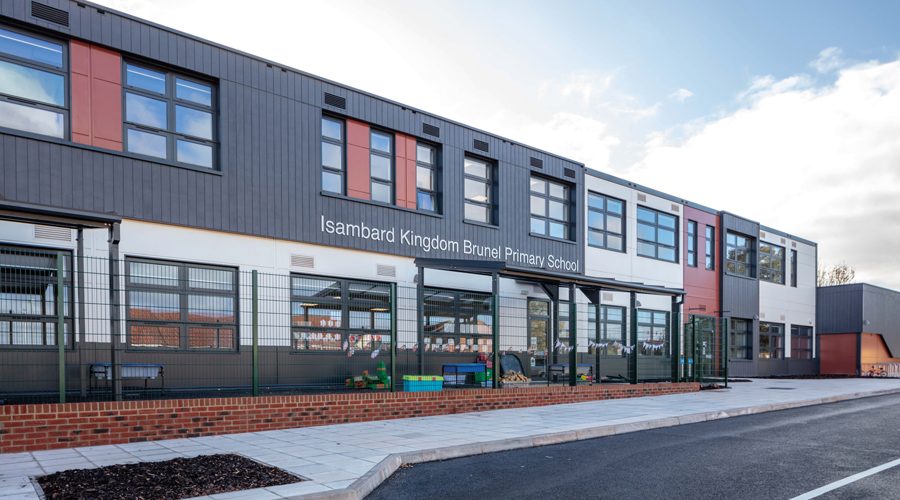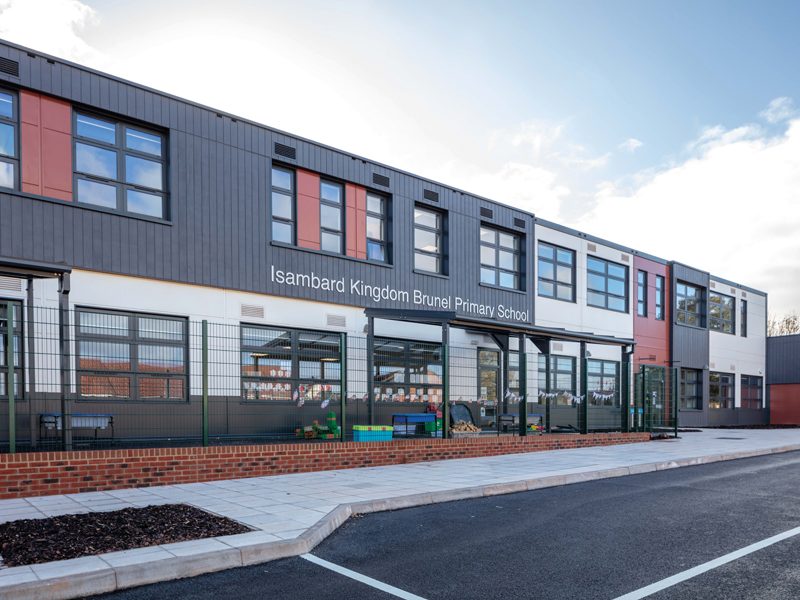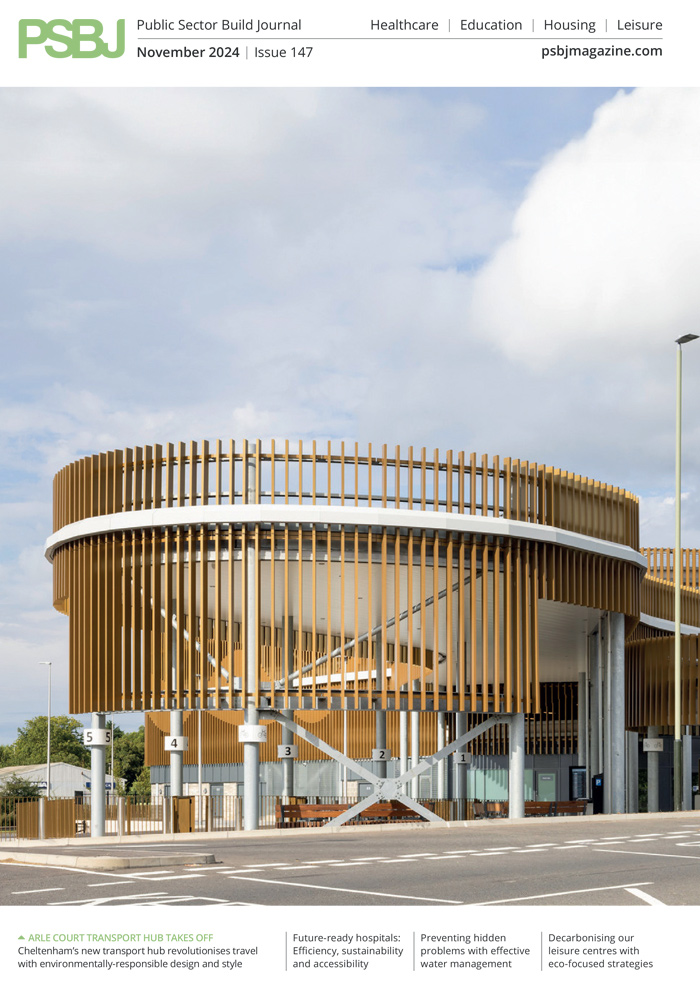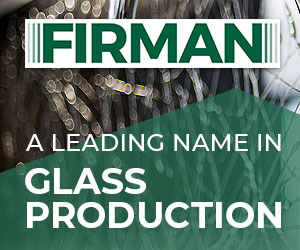Here, John Miles, Technical Manager at Assent Building Control, talks about the benefits of offsite construction in education and how Building Regulations need to adapt to accommodate these modern methods of construction.
Assent
In January 2020, the Department for Education (DfE) launched the £3bn DfE offsite framework, also known as the modern methods of construction (MMC1) framework, marking the next step in the evolution of offsite construction for the education sector.
A step forward for education
The MMC1 framework is a positive step forward for the construction of educational buildings and facilities. Using MMC, such as offsite, brings with it many benefits that are specific to the education sector. Speed of delivery and reduction of time on site means minimal disruption to schools and children’s education – a consideration that is even more important as we move towards the end of the pandemic and schools finally getting back into the swing of teaching.
There are also huge sustainability benefits to offsite construction. Buildings aren’t susceptible to weather during construction and can be made watertight within just a few hours, meaning there is less chance of items being damaged and having to be replaced. Offsite building designs often exceed the minimum requirements for thermal efficiency, delivering a better performance than a traditional build.
A new way of working for building control
This step forward in the evolution of offsite has meant that the building control sector is having to make some changes to its traditional processes in order to adapt. Current Building Regulations are written for traditional buildings and offsite has generally had to fit in around them.
When it comes to building for education, some aspects – such as the foundations and groundwork – can still be approached from a traditional perspective, however, regulations around fire resistance, acoustics and energy efficiency are all dealt with in the factory. This has meant changing our focus to frontload input at the design stages as early as the original proposal. This can take up to five meetings before even reaching the manufacturing stage, and is a stark difference to traditional builds that sometimes appoint an Approved Inspector (AI) as late as two weeks before going to site.
Working with offsite construction leaves very little room for error and AIs must be confident that the building has met regulations before it even reaches site. Instead of carrying out site inspections to interrogate the building as it is built, AIs have to take careful considerations during factory audits and carry out QA checks during the manufacturing stages. These audits provide a holistic view of the build – during just one visit AIs can see the building frame of one unit at the same time as seeing another that is ready to be delivered to site.
New benefits for building control
Being involved in such early stages of the design means that we never have to play catch up and it gives us an audit trail that is not possible with traditional builds.
Offsite manufacturers look for consistency. Working from a static factory means they are using the same teams for almost all of their builds and they want to mirror that with the AIs that they use. For this reason, building strong relationships is key to delivering the best service. This means understanding systems and processes, and building an approval procedure around them.
Offsite is a fast-paced industry and manufacturers
look for AIs that can offer consistent assurance in a small space of time. This means skillsets within the building control industry are developing, as AIs become more established in understanding these methods and delivering key skills and specialisms in modular construction that can be shared back to the manufacturer.
Strengthening our knowledge allows us to advise in a more holistic approach, improving the service and becoming more focused on what is needed. The process-driven aspect of offsite, as well as the specific skills that come with it, mean there is potential for it to attract new people into the industry from different backgrounds, such as manufacturing.
Offsite has definitely carved out a place for itself in the education sector, as well as other sectors. It lends itself well to city-centre locations that lack the space for site offices and material stores, and there is definitely a bright future for it, backed by frameworks like MMC1. However, there is a need for Building Regulations to work better with offsite construction – we need more dynamic regulations to allow freedom in the design process and, ultimately, improve it. Right now, Building Regulations are extremely linear, aligning with traditional methods of construction, and while offsite is still a relatively small section of the construction industry, it’s seen accelerated growth over the past 12 to 18 months that I can only see continuing on an upward trajectory.
Isambard Kingdom Brunel Primary School
We recently worked with Portakabin, a market leader in modular construction, to deliver a new primary school under the DfE MMC1 framework in Somerset. The modern, two-storey building comprises a large modular hall, studio, library and canopied areas outside classrooms. We were appointed by Portakabin in September 2019 having established a relationship with them over previous years, meaning we already understood the company’s systems and were able to provide them with the consistency of compliance that they needed.
We worked with Portakabin to set out a plan for how they would meet regulations and requirements, long before the building modules left the factory and went to site. The plan involved bespoke compliance trackers that aligned with modular construction methodology. Site inspections began in late January 2020 but were soon put on hold by the COVID-19 pandemic in March.
Due to national lockdown restrictions, we were unable to complete factory visits for this project. Instead, we liaised closely with the Portakabin team, gaining QA information and reports remotely. We also gave the option of carrying out remote video inspections if needed. The project was completed in October 2020, taking just nine months, despite delays caused by COVID-19.
The bespoke process created during this project has set up a streamlined process for other projects with Portakabin since, allowing our team to produce accurate compliance reports without having to re-learn any of their systems.
The biggest achievement was delivering the project across three locations – with the Portakabin manufacturing and design team based in York, their site operatives and our site inspectors in Somerset and our plan-check and systems operation at our head office in Wakefield. It has also been great to work with such a reputable leader in the offsite construction space and share in the industry-wide effort to transform perception of MMC from cold, metal boxes to structurally-sound and energy-efficient, modern buildings.











1 Comment
Pingback: Lessons learnt in offsite construction - ABCA
Comments are closed.